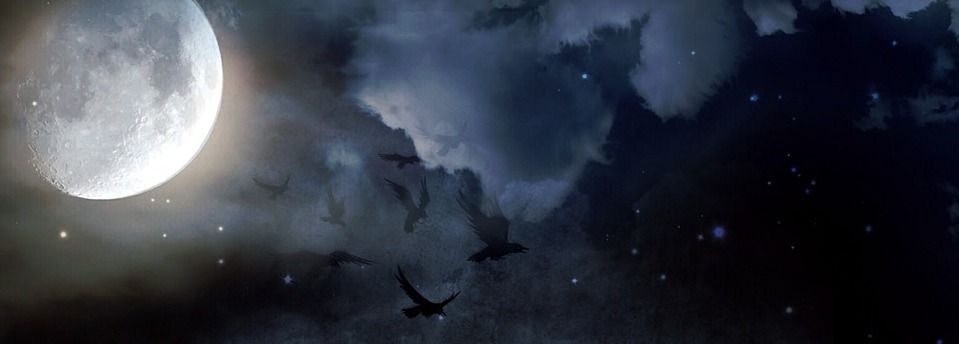James slowly trudged along the riverbank toward home, lost in thought, as if holding a silent conversation with himself. “Well, that’s it, James, you’re unemployed now,” echoed in his mind. The bitterness stung especially hard because he’d been fired for no real reason. The paperwork cited “misuse of authority”—a charge blown out of proportion from nothing. He hadn’t yet decided how to move forward: whether to keep fighting or to throw in the towel and dive headfirst into the unknown. James wasn’t in a rush to get home—his wife had made it clear she no longer needed him.
The reason was obvious: she’d found a wealthy suitor who promised a fairy-tale life. What could James Carter, a simple general practitioner at the county hospital, offer her? He’d never chased money, treated patients with integrity, and prescribed only what was necessary, sparing them extra costs. Things might have been bearable if the old chief of staff hadn’t retired. The new one, Richard Paulson, decided the hospital would now operate “differently.”
Those changes hit the doctors and staff hard. On Richard’s orders, everyone scurried around the department like clockwork, carrying out his endless directives. One day it was planting a flowerbed with vibrant blooms outside the windows; the next, it was installing a bulletin board with staff photos and bios. The hallways buzzed with his commands, but the main thing—patient care—seemed to slip the chief’s mind.
If everyone was busy sprucing up for the next inspection, who was left to help the patients? James once tried to object, but it was pointless. Richard just jotted something in his notebook and gave him a knowing look. Two days later, James was fired.
And not just fired: they accused him of taking a bribe, supposedly caught on a hidden camera Richard had secretly installed in his office. “Why me? I’ll never wash off this shame. There was no bribe!” James whispered bitterly, staring at the river. It flowed calmly, indifferent to human troubles.
Suddenly, in the gray haze of evening twilight, he noticed two hunched figures. At first glance, nothing unusual—the riverbank was open to all. But something about them caught his attention. Without meaning to, James forgot his own troubles and squinted at the strangers. “Wonder what they’re doing here this late?” he thought.
Fishermen? No fishing gear in sight. Looking closer, he realized it was a man and woman. A hundred yards from the water stood their vehicle—a large SUV, its headlights fading into the dusk. “Definitely not fishermen,” James decided. Spotting him, the pair tensed and began speaking in a strange language.
The language was familiar to James—he’d been fascinated by translations since childhood, reading books in their original languages. Friends often teased, “You picked the wrong path; you should’ve been a translator!” He froze in surprise: “Foreigners? What are they doing here?” Curiosity got the better of him, and he slowed his pace.
As he drew level with the mysterious pair, James, ever the translation enthusiast, couldn’t resist the chance to hear live foreign speech. His scholarly appearance apparently didn’t raise their suspicions, and they continued talking, though they lowered their voices. Still, James caught fragments: “The stone… Where do we find the stone?” the woman grumbled. “Henry, I told you, we should’ve brought the weight with us in the car.”
“Relax, we’ll figure it out. We’ll fill a bag with sand—there’s plenty on the shore,” the man replied, clearly younger than his companion. In different circumstances, they could’ve passed for mother and son—maybe they were. Their words alarmed James. They didn’t sound overtly threatening, but the pair’s furtive movements stirred unease.
The strangers, of course, assumed their language hid their conversation’s meaning. How could they know a polyglot like James would be nearby? He walked past, deliberately heading toward their SUV. To his surprise, the trunk was open, and a dim light glowed inside. A driver sat at the wheel, listening to soft music.













